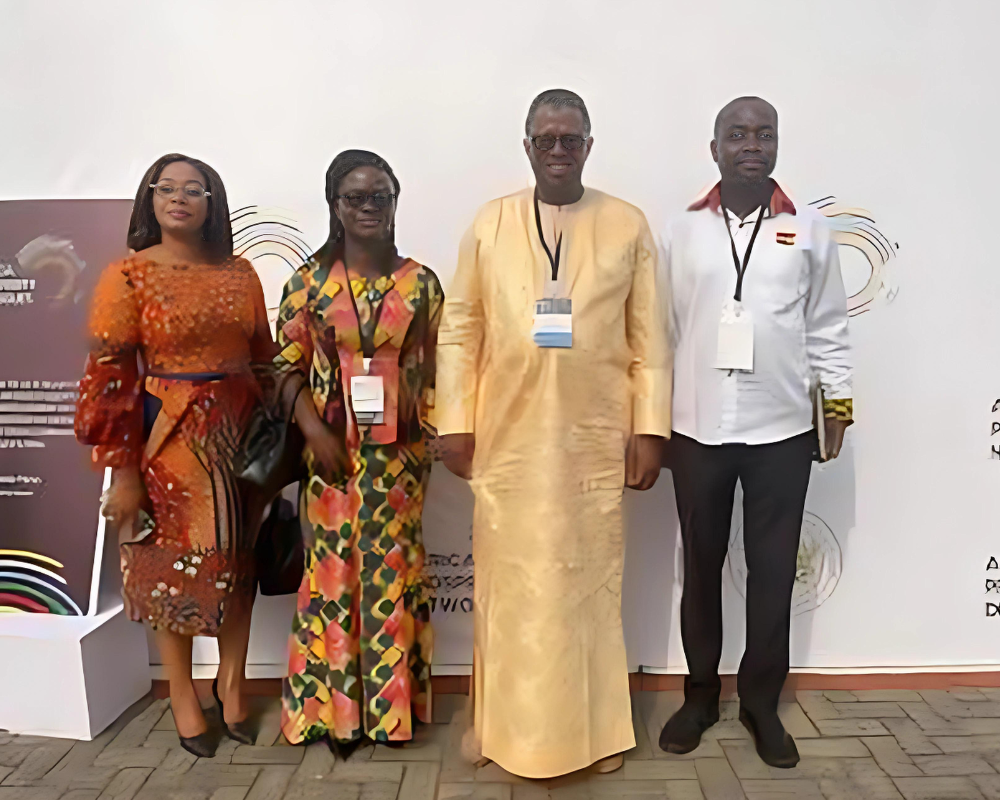By Mariatou Ngum
In an address at a recently concluded second Africa Prosperity Dialogue (APD) in Ghana, Gambia’s Minister of Trade, Industry, Regional Integration and Employment, Mr. Babubacar Ousmaila Joof, emphasised the critical need of addressing transportation and logistics challenges to ensure the success of the Africa Continental Free Trade Area (AfCFTA).
The second APD in Ghana, held from January 25th to 27th 2024, brought together a distinguished gathering of heads of government, policymakers, business leaders, civil society representatives and academics. The event held under the theme: “Delivering Prosperity in Africa: Produce, Add Value, Trade”, addressed critical issues which are aimed at fostering economic development across the continent.

Representing President Adama Barrow at the forum, Mr. Joof asserted that resolving transportation and logistics issues is pivotal to reducing trade costs and enhancing the continent’s appeal to potential investors. He highlighted the APD as a crucial interactive platform of fostering collaboration within the business environment, in order to achieve such objective.
Mr. Joof called for a collaborative effort between businesses and governments by emphasizing the need for well-crafted and harmonized policies in consultation with industry leaders and organizations. Underscoring the significance of transport and logistics infrastructure for AfCFTA’s implementation, Trade MinisterJoof outlined its role in providing access to consumer markets, connecting raw materials to lucrative markets, promoting regional integration and improving connectivity to the global economy. He further detailed how transport and logistics directly impact a country’s ability to handle trade, the development of distribution routes, shipment frequency and associated costs. These factors, he emphasized, directly influence the competitiveness of Companies within a market and consequently impact the overall competitiveness of a country.
“With AfCFTA, an opportunity exists to attract investments in key areas for the continent’s transformation, boosting production, processing and trade,” Mr. Joof indicated, highlighting the vast continental market of 1.3 billion people, and a combined GDP of $3.4 trillion.
He asserted that the successful realization of these objectives hinges on improving the transportation and logistics system, and the facilitation of the seamless movement of goods and persons across the continent.
In conclusion, Mr. Joof asserted that AfCFTA’s potential to stimulate production and trade, foster regional value chains and fortifies Africa’s economic and commercial development, is contingent upon alleviating tensions at borders and creating an efficient transportation and logistics network.




















